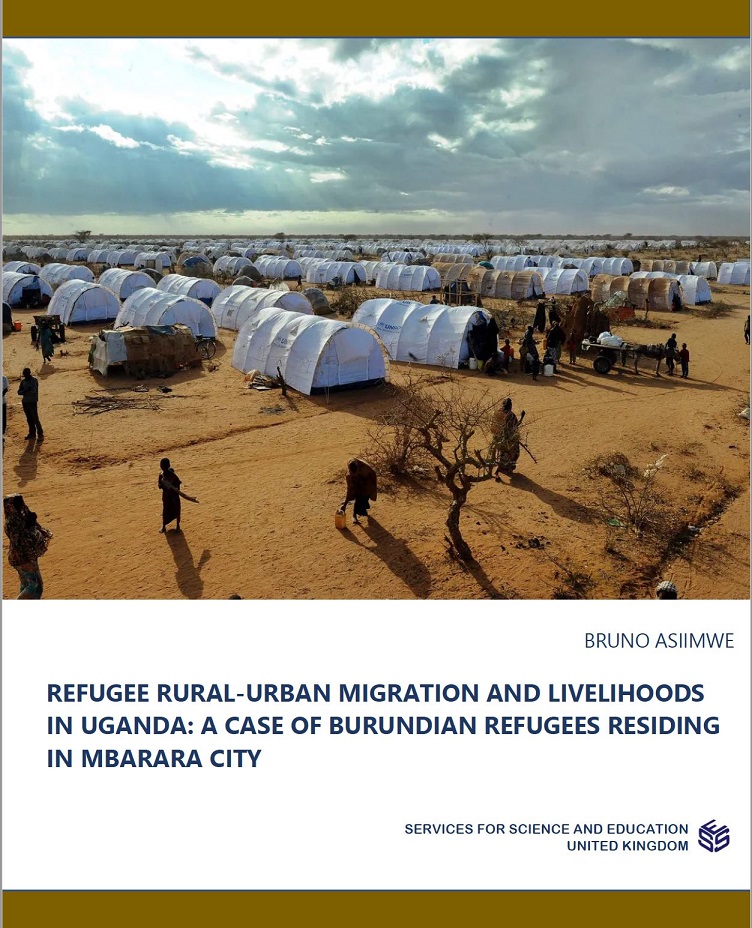Law
Law is a system of rules created and enforced through social or governmental institutions to regulate behavior, with its precise definition a matter of longstanding debate. It has been variously described as a science and the art of justice. State-enforced laws can be made by a group legislature or by a single legislator, resulting in statutes; by the executive through decrees and regulations; or established by judges through precedent, usually in common law jurisdictions. Private individuals may create legally binding contracts, including arbitration agreements that adopt alternative ways of resolving disputes to standard court litigation. The creation of laws themselves may be influenced by a constitution, written or tacit, and the rights encoded therein. The law shapes politics, economics, history and society in various ways and serves as a mediator of relations between people.
The study investigated the environment surrounding refugees’ access to humanitarian assistance which tends to suffocate the spirit of the Uganda Refugee Act of 2006 under Article 30 which allows freedom of movement for refugees in the country.
The study investigated the environment surrounding refugees’ access to humanitarian assistance which tends to suffocate the spirit of the Uganda Refugee Act of 2006 under Article 30 which allows freedom of movement for refugees in the country.
Vilfrendo Pareto describes the excellent distribution of economic resources which simultaneously achieves maximum productive efficiency and social justice. The Constitution of Greece describes the process of compulsory expropriation of property when there is a public need. The compensation criteria for this expropriation do not take into account the positive and negative externalities that the subsequent public project will cause. The consequence of this is the unjust social distribution of economic resources. The aim of this paper is to investigate this weakness of the compensation system that does not meet the criteria for Pareto improvement, while a constitutional analysis of comparative law concerning the provision of property is made. An appendix to the case law of the Greek Court of Audit is provided. The Contingent Valuation Method (CVM) is proposed as the most complete for the experimental assessment of the maximum amount of compensation of owners during the process of forced expropriation through Experimental Economics tools.

